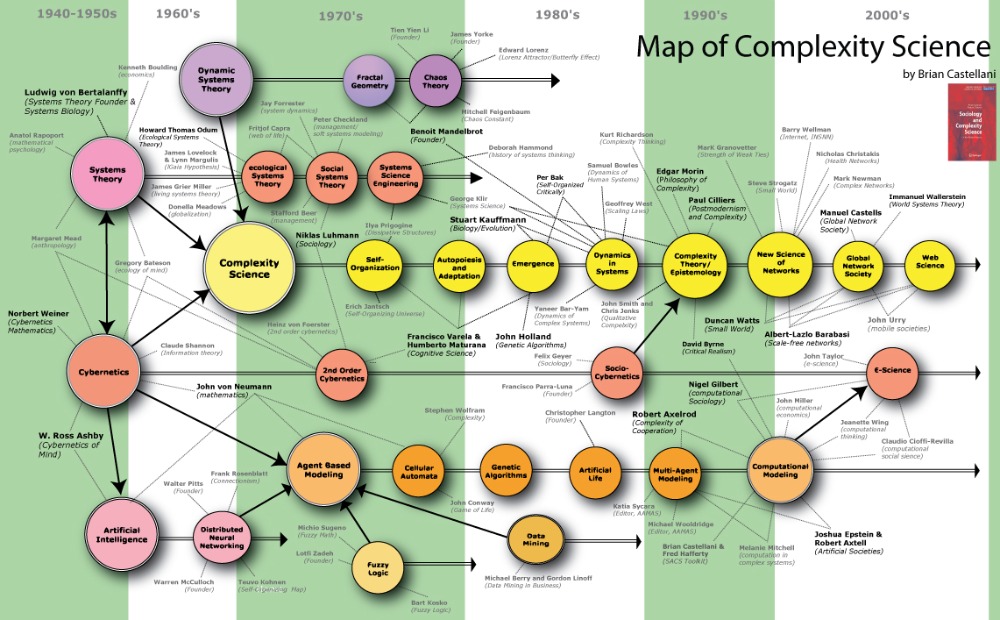Roderick on Modern Vulgar Cynicism
“The real question I am asking here is the one Marcuse asked in the
sixties. How does a way of life break down? How does it break down? And
Marcuse doesn’t give the pat Marxist answer, which means economically,
and we ought to be glad that that pat Marxist answer is false because if
a society could be driven to ruin by debt, you know, the way a lot of
people said the Russians – the Soviet Union – fell because it was broke.
Let’s hope that’s not true [laughs] since we are broke, let’s hope
that’s false. As a generalisation, we had better hope it is false.
How do they break down? Well, here there is an analogy – for me – between the social and the self under siege, in many ways. In many ways, not in a few, and some of the symptoms we see around us that our own lives are breaking down and the lives of our society is a generalised cynicism and scepticism about everything. I don’t know how to characterise this situation, I find no parallel to it in human history. The scepticism and cynicism about everything is so general, and I think it’s partly due to this thing I call banalisation, and it’s partly due to the refusal and the fear of dealing with complexity. Much easier to be a cynic than to deal with complexity. Better to say everything is bullshit than to try to look into enough things to know where you are. Better to say everything is just… silly, or pointless, than to try to look into systems of this kind of complexity and into situations of the kind of complexity and ambiguity that we have to deal with now.”
― Rick Roderick, The Self Under Siege: Philosophy In The Twentieth Century
How do they break down? Well, here there is an analogy – for me – between the social and the self under siege, in many ways. In many ways, not in a few, and some of the symptoms we see around us that our own lives are breaking down and the lives of our society is a generalised cynicism and scepticism about everything. I don’t know how to characterise this situation, I find no parallel to it in human history. The scepticism and cynicism about everything is so general, and I think it’s partly due to this thing I call banalisation, and it’s partly due to the refusal and the fear of dealing with complexity. Much easier to be a cynic than to deal with complexity. Better to say everything is bullshit than to try to look into enough things to know where you are. Better to say everything is just… silly, or pointless, than to try to look into systems of this kind of complexity and into situations of the kind of complexity and ambiguity that we have to deal with now.”
― Rick Roderick, The Self Under Siege: Philosophy In The Twentieth Century


Comments
Post a Comment